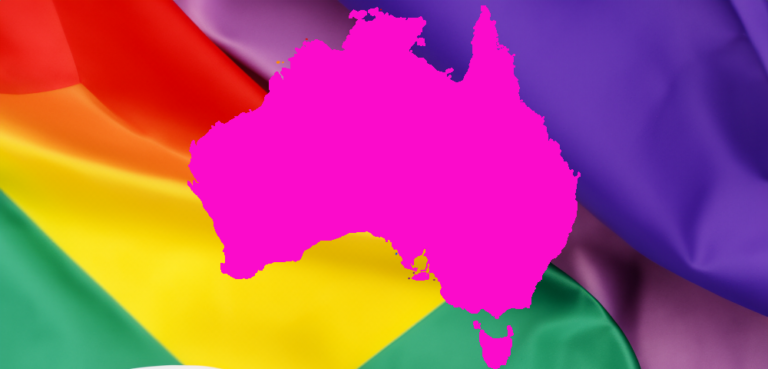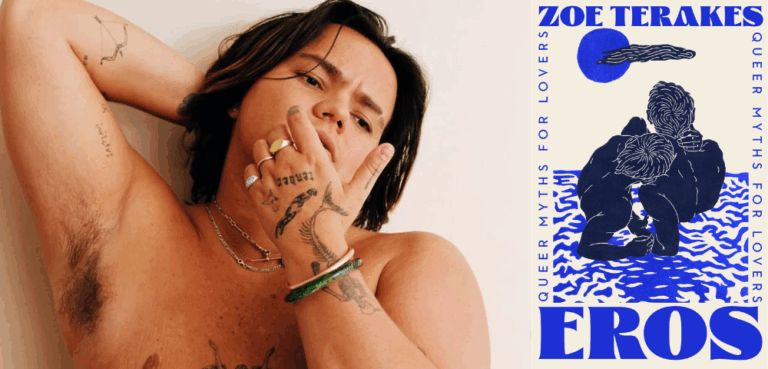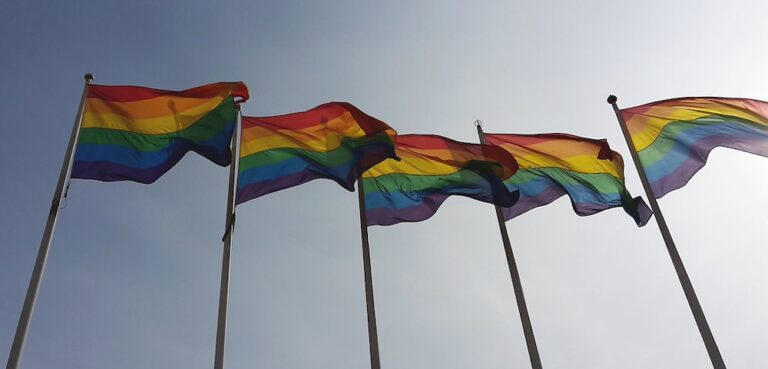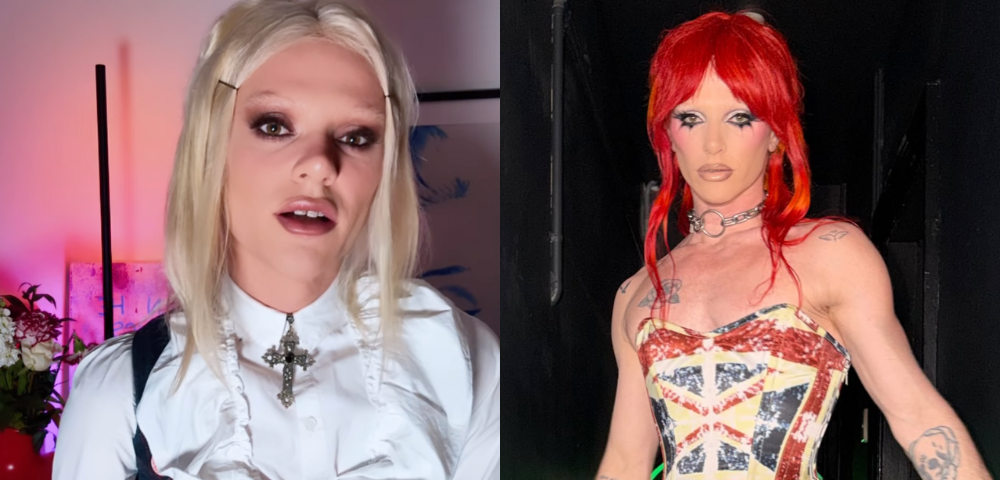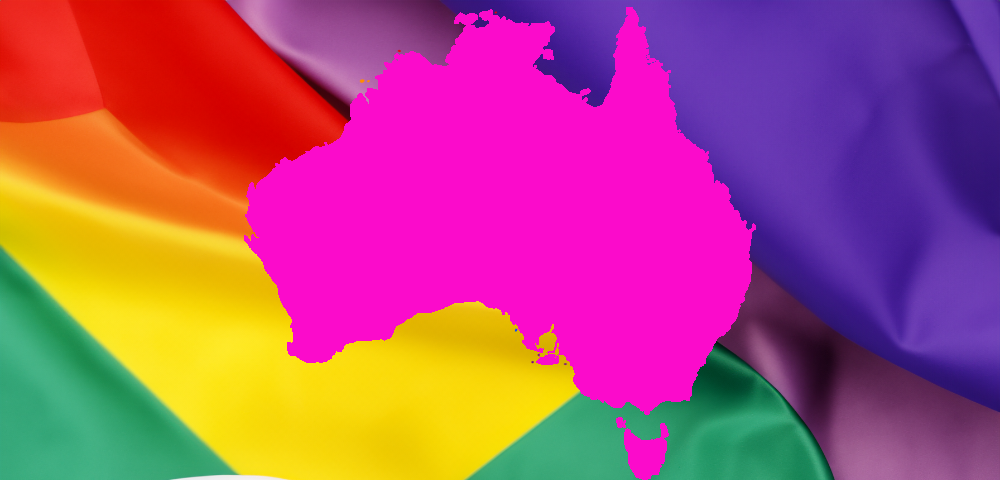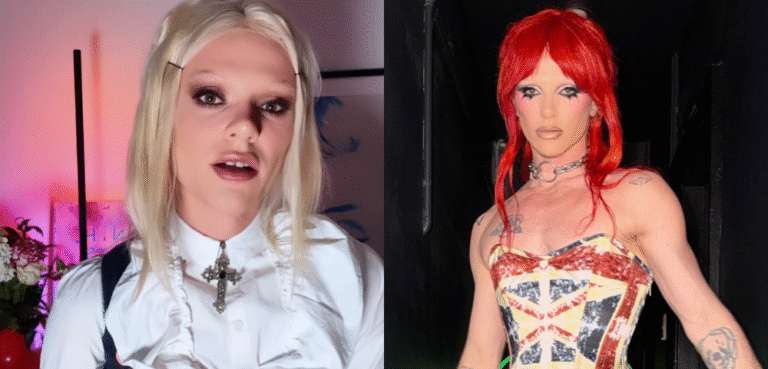
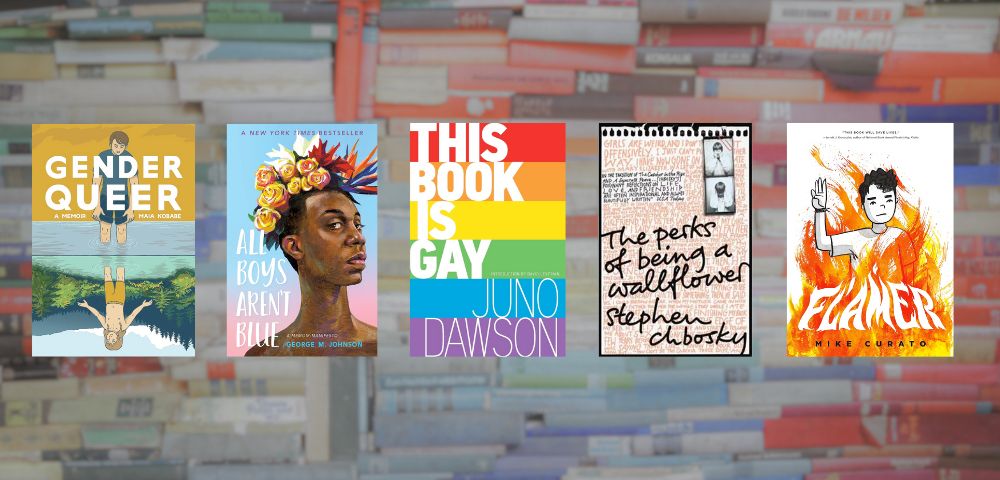
This week is Banned Book Week, first celebrated in America in 1982 in response to a surge in calls to ban books in schools, libraries and bookshops. Held annually at or around the last week of September, each year is designated with a theme, which for this year is Freed Between the Lines. To understand why book bans are dangerous, and how they’ve been increasingly targeting titles by and about LGBTQIAPN+ communities, the Star Observer has delved into the current state of book bans and Australia’s historical relationship with censorship of books.
An Intentional Focus on Queer Books
In America, the top five banned titles all feature queer themes and/or explicitly queer protagonists: Gender Queer by Maia Kobabe (106 challenges), All Boys Aren’t Blue by George M. Johnson (82 challenges) This Book Is Gay by Juno Dawson (71 challenges) The Perks of Being a Wallflower by Stephen Chbosky (68 challenges) and Flamer by Mike Curato (67 challenges). Most concerningly, these five titles are all written for young adults –conservative groups want to control what titles young people read, queer youth in particular. Titles representing LGBTQIA+ and BIPOC characters representing 47% of titles targeted in censorship attempts at public and school libraries in 2023.
Gender Queer, Maia Kobabe’s award-winning coming-of-age autobiography was challenged twice in Australia, failing both times, and was the subject of 11 out of the 16 complaints to the Australian Classification Board on publications. Queer titles by Australian authors are also under the microscope, with Adelaide-based author Sophie Gonzales’ Only Mostly Devastated and Perfect on Paper both challenged in America in 2022 and 2023.
Book Bans on the Rise
Within the last 10 years, the number of titles challenged in America has risen from 183 titles in 2014, to a staggering 4,240 titles in 2023. Prior to 2021, the average number of titles challenged in the United States was 273. Since 2021, the average number has leapt to 2,890 – over 10 times the previous average.
Australia and Book Bans
In Australia, the Department for Infrastructure, Transport, Regional Development, Communications and the Arts classifies films, video games and publications (including books and magazines). Publications can be classified as ‘unrestricted’, ‘mature’, ‘restricted’ or can be refused classification, rendering them illegal to sell or hire. Australia has a long history of censorship, and was known as one of the most strict countries in the English-speaking world between 1901–1973, when the Customs Act enforced the banning of around 500 titles. In 2024 so far 14 titles have been banned in Australia, only 2 of which are English-language fiction – both horror titles.
But it isn’t legal classification that actually puts titles featuring LGBTQIAPN+ issues at risk. In recent years, calls from conservative groups for bans in bookshops, schools and public libraries have become part of the cultural conversation again. The Australian Library and Information Association collected information in 2023 on book challenges, and found 75 instances of calls for book bans about 48 titles, 76% of which were for children and young adults, and 21 instances of “protests, threats, abuse, petitions and other organised attempts to remove content or stop programs.”
Goodbye To Welcome To Sex
In 2023 conservative groups like Women’s Forum Australia called for the removal of Dr Melissa Kand and Yumi Stynes’ Welcome to Sex from Big W’s shelves. One Nation, UAP and Liberal Senators then called for an inquiry into the Australian classification system, with Hanson drawing specific attention to the queer-friendly sexual education the title offers. “I saw the pages in it: ‘How to have anal sex’, and then you had two women having sex together also. This is just disgusting—the whole book.” Hanson went on to call the queer community “Alphabet people”, and Senator Alex Antic called books like Welcome to Sex “ostensibly trojan horses for radical gender theory dressed up as sex education for our kids”.
Drag Storytime Under The Microscope
While not explicitly calling for the banning of LGBTQIAPN+ books, conservative groups have called for bans on drag storytime events at bookshops and libraries across Australia, forcing many organisers to lockdown during the event or cancel due to safety concerns and threats of violence. The Rainbow Community Angels community organisation has also stepped in to provide physical barriers between protesters and participants at drag storytime events.
Escalating Bans: from Bad to Worse
One drag storytime ban in western Sydney’s Cumberland City was later followed by a 6-5 vote by City Council to “rid same sex parents books/materials in [the] Council’s library service” in response to “very disturbing complaints from distraught local parents” about the children’s educational title A Focus On: Same Sex Parents (now available for free download!). After huge public backlash and 2 petitions totaling over 50,000 signatures, the council voted 12–2 to rescind the ban.
Bookshop Owner Platforms Bigotry
In February of 2024 a series of X posts by Susanne Horman, owner of Robinsons Bookshop, were shared on Instagram by reviewer Emily Rainsford. The posts from December 2023 called for more “Positive male lead characters of any age, any traditional nuclear white family stories, kids picture books with just white kids on the cover, and no wheelchair, rainbow or indigenous art, non indig aus [sic] history”. Horman then deleted her X account and accused Rainsford of doctoring the screenshots, and had her staff photograph stacks of “Indigenous”, “multicultural”, “LGBTQ+” and “disabled” representation to show the ‘imbalance’ in comparison to titles featuring boys and men as “heroes” “detectives” and “villains”. Keen-eyed commenters noted that many titles were inappropriately included in these stacks, including Trans: When Ideology Meets Reality by Helen Joyce, a British anti-trans campaigner in the “LGBTQ+ Titles” section. While most commenters on Instagram called for apologies or boycotts, Horman appeared on Sky News with Andrew Bolt, and the Robinsons Bookshop Facebook page saw an increase in comments from supporters from Australia and America who said they would patronise her bookshop because of her views.
Censorship in Silence
All these pushes by conservative groups don’t include the large numbers of reported ‘quiet censorship’ occurring in Australia – titles being hidden, stolen or moved by organisations, shops or the public, without any official ban being in place.
Fighting Bigotry with Books and Actions
So what can we do? We can support schools, libraries and bookstores that celebrate our community and argue against a tightening of classification rules. When bigotry raises its ugly head we can protest, sign petitions, and donate to organisations like the Rainbow Community Angels who are currently fundraising for the wings they use to help shield our youngest community members. We can share and celebrate books that feature our stories, and we can fight to ensure that censorship stays in the past, and Australia maintains our hard-won reputation for freedom to buy, sell, borrow and read books that celebrate the rich diversity of our community.

